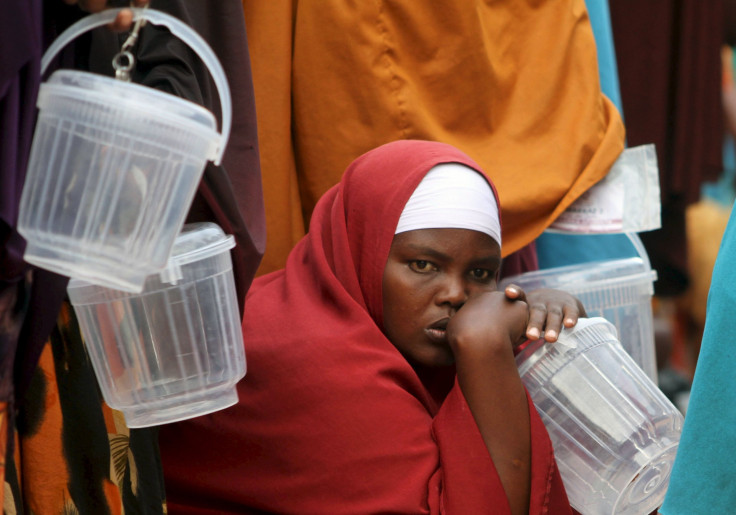UN Praises Progress On Millennium Development Goals; Poverty, Child Mortality Fall Sharply

The United Nations commended the world’s progress on the Millennium Development Goals (MDGs) in a Monday report, saying that dire poverty across the world had dropped sharply. The findings were part of the global body’s final report marking the end of the goals, which specified targets for development in health, poverty, gender equity and other fields in 2000.
"The report confirms that the global efforts to achieve the goals have saved millions of lives and improved conditions for millions more around the world,” U.N. Secretary General Ban Ki-moon said on Monday while releasing the report, according to the New York Times.
The report found that huge progress in poverty reduction came from just a few nations. China and India, the world’s most populous countries, played a central role in achieving this figure. Progress in China contributed to the poverty rate in eastern Asia falling from 61 percent in 1990 to only 4 percent in 2015. In total, the number of people worldwide living in extreme poverty declined by more than half since 1990.
"The last decade has seen arguably the greatest improvements for the largest number of people on the planet in the most countries than has ever happened in human history,” Mark Malloch-Brown, who led the creation of the MDGs, told NPR in an interview Monday. “What the goals did, by prioritizing and focusing, was actually put together major international donors, civil society partners on the ground, national governments focusing on the same sets of issues. And that allowed for a focusing of both policy change and resources and attention.”
The report also found significant progress in early gender equity, with as many girls as boys now enrolled in primary schools across the world. However, it remains an area of continuing concern as women are more likely to be poor than men in more countries, and the worldwide employment rates of women had risen at a relatively slower pace, the report noted.
In areas of health, the report stated that up to 6 million deaths from malaria were prevented through simple measures. New HIV infections also fell by about 40 percent between 2000 and 2013, while the tuberculosis mortality rate fell by 45 percent between 1990 and 2013.
The global mortality rate of children under 5 saw a steep drop, falling by over half, from 90 to 43 deaths per 1,000 live births, between 1990 and 2015, the U.N. said in its report.
However, the report also found some areas where the countries failed to make progress. It warned that the reduction in global poverty and infant mortality meant that employment opportunities were unable to keep up with the burgeoning global workforce. The proportion of the working-age population currently employed fell from 62 percent in 1991 to 60 percent in 2015, and saw a significant shrink during the global recession, the report said.
With the expiry of the MDGs, the U.N. has now proposed a new set of formal targets for international development for 2030, known as the Sustainable Development Goals (SDGs), which are yet to be laid out. With almost 170 current proposed targets, the SDGs have been criticized for being misconceived.
© Copyright IBTimes 2024. All rights reserved.











